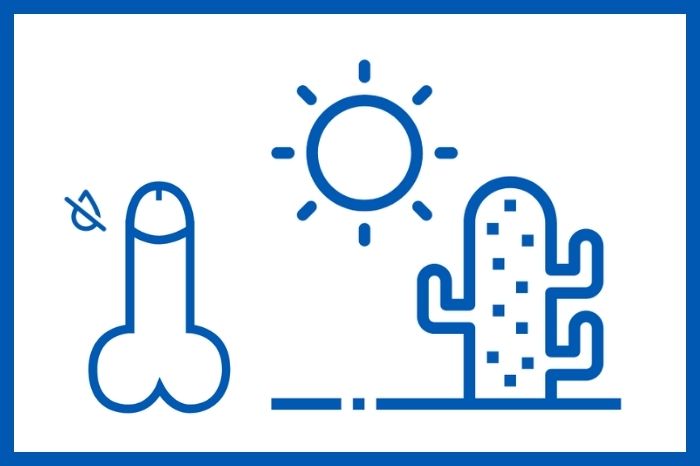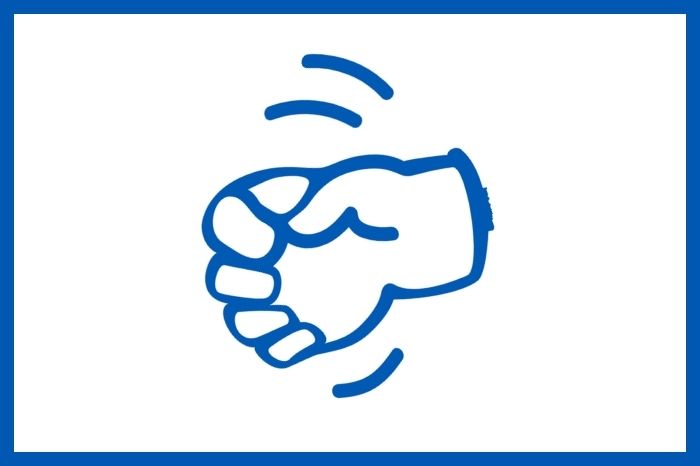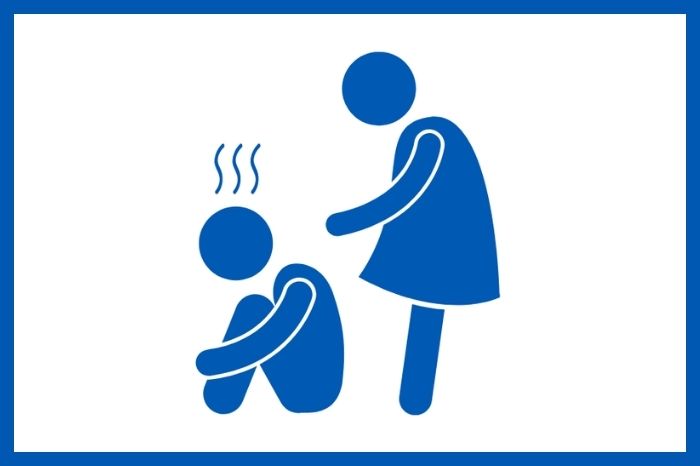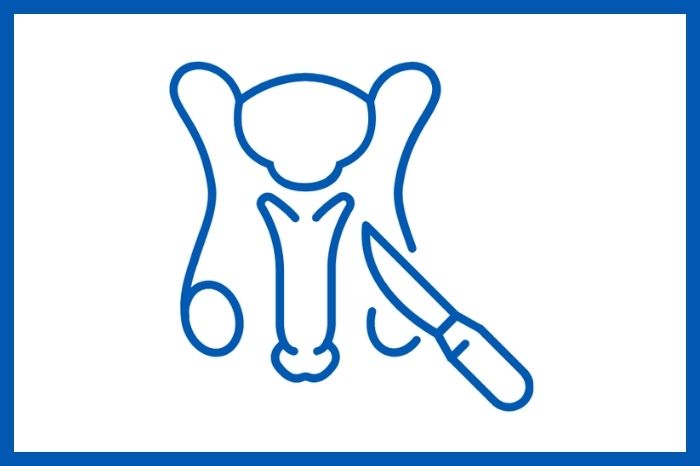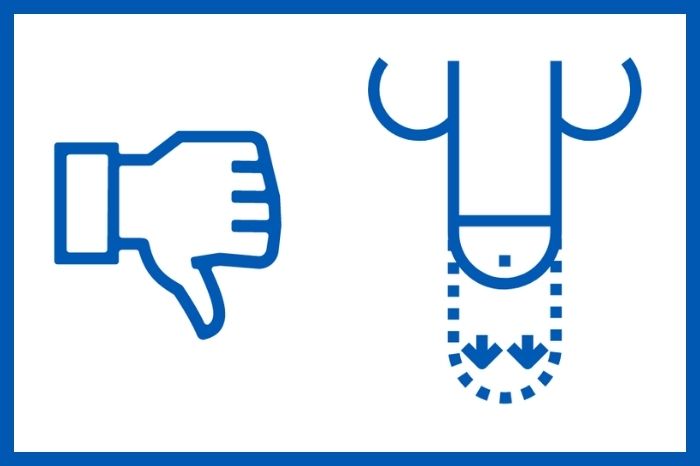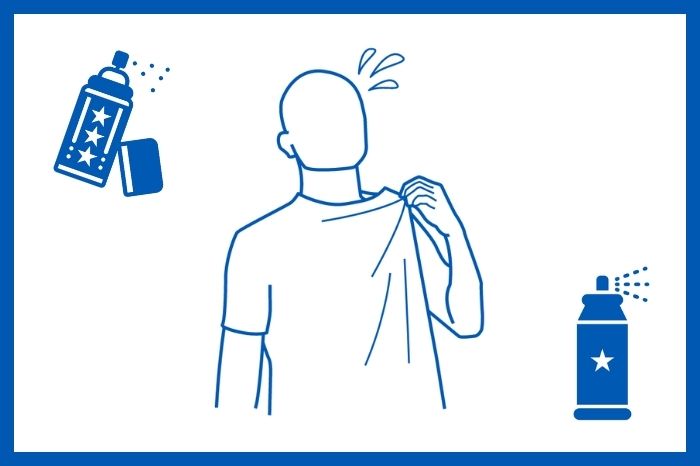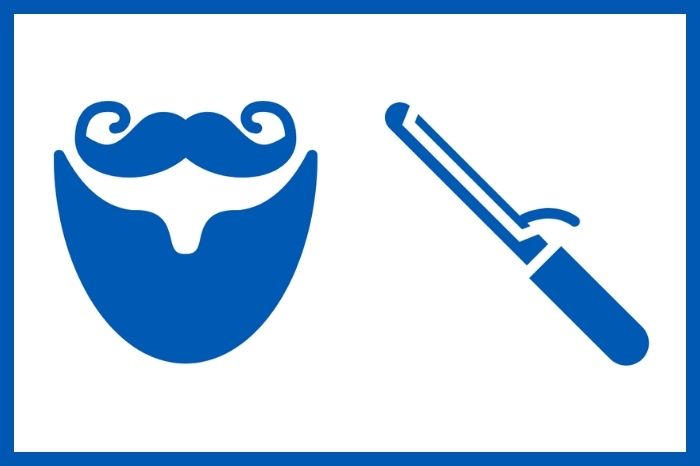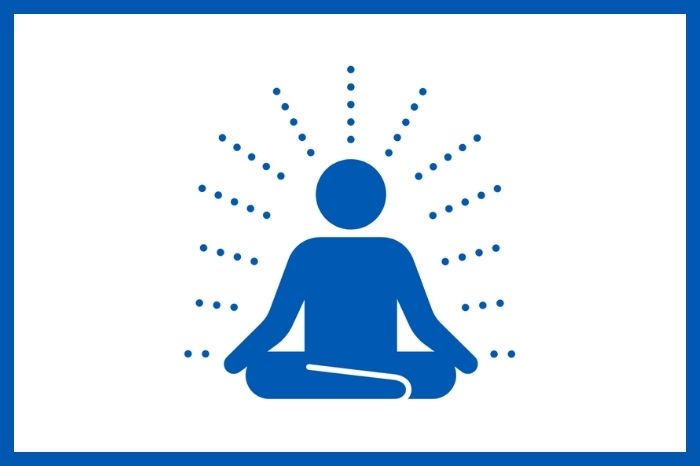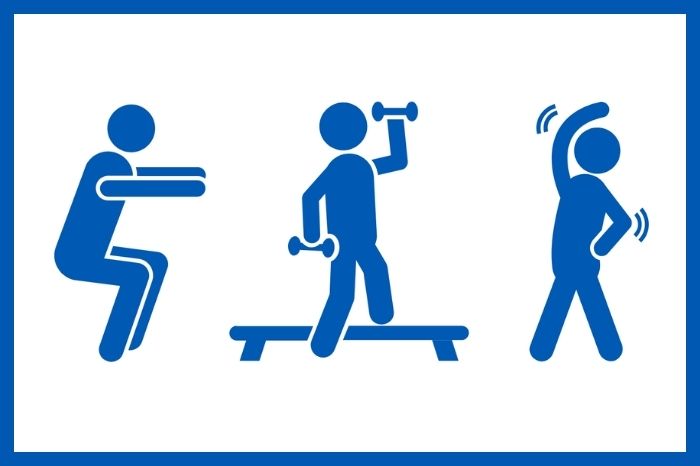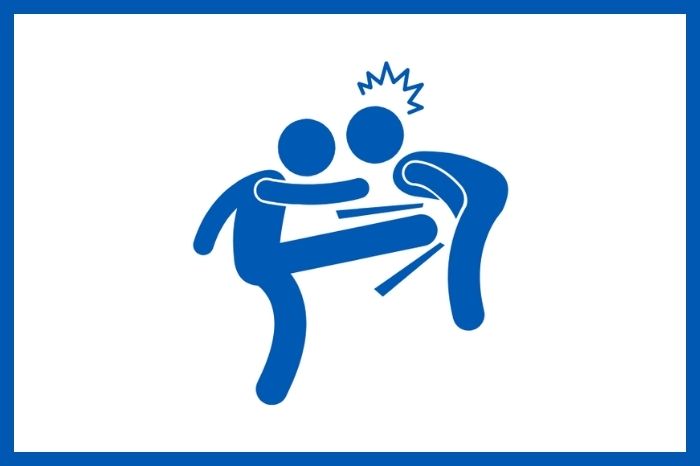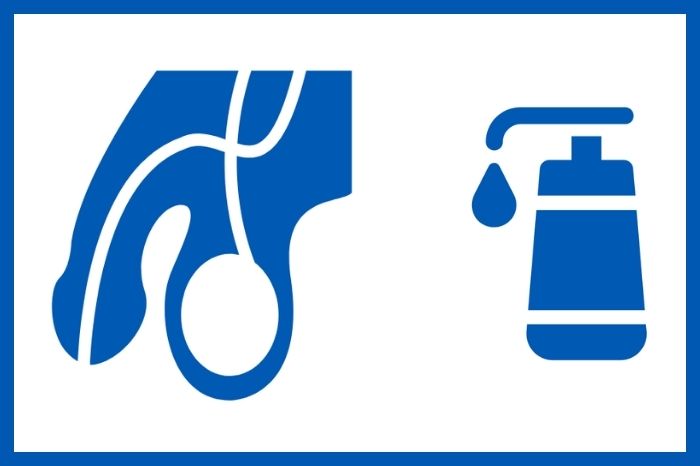How to reduce excess sweat on the buttocks?
During the height of summer, things can get extremely sweaty below the waist. And that wet, sticky feeling, like you're sitting on something, bothers a lot of men.

We, as humans, must sweat to regulate our body temperature. But we don't have much control over where we sweat. The buttocks are close together and there is not much air circulation there, which is why excessive sweat between the buttocks tends to accumulate. It happens to everyone. But knowing that it's normal bodily function doesn't do much to lessen the embarrassment factor.
"Butt sweat develops when there is heat in the area, which can lead to skin irritation, along with the overgrowth of yeast and bacteria," says dermatologist Joshua Zeichner. These microorganisms thrive in a moist environment, like a sweaty butt, and can be itchy and unbalance the skin's natural protective barrier.
Means to control excessive sweating on the buttocks
Embarrassment aside, the good news is that excessive sweating is not a sign of a bigger problem and can be treated simply. But if you feel like your butt is sweating a lot, chronically and interfering with your quality of life, "there are prescription options that can help," says Zeichner.
Butt sweat doesn't stink in the same way as armpit sweat, as long as you maintain good hygiene practices. However, if you notice an unpleasant odor or if the skin around your butt is raw and painful from scratching, this is another indication that you should see a doctor.
1 - Take showers regularly
To make sure you're getting rid of any bacteria or fungus that could proliferate, wipe your butt well every time you shower. Effective cleaning after using the bathroom also makes a difference. Be sure to wipe until there are no more traces on the toilet paper. You can also use baby wipes to get even cleaner. If you can, shower after having a bowel movement.
Bacteria thrive in damp environments like your groin and buttocks, so even if you can't control your sweat, you can keep your environment clean and dry. Always change sweaty clothes (like gym shorts) quickly and don't put them back on until they're clean. "If you tend to sweat a lot, take a change of underwear with you so you can change in the middle of the day if you get sweaty," says Zeichner.
2 - Spend more time on your feet
It might seem counterintuitive, as we sweat more when we move, but sitting for long periods can actually make microorganisms grow faster. Sitting on a sweaty ass blocks airflow and presses sweat deeper into our skin, making it even wetter. If you need to sit all day, get up and walk around frequently to keep the air flowing.
3 - Lose weight
Working out can also help, as being overweight can increase the amount of sweat around our buttocks and testicles, according to Zeichner.
4 - Use antiperspirant
You probably already have one of the most important tools: the antiperspirant. The same type you wear under your arm also works on your butt. In the morning, when applying it, slide a few times between the buttocks. This will help control the amount of sweat throughout the day. "It shouldn't be applied to the skin around the anus," says Zeichner, so a stick or roller is your best bet for more control over the application and keeping the product away from that delicate area.
After applying antiperspirant in the morning, apply baby powder to your butt and scrotum. The powder will help absorb moisture throughout the day, says Zeichner. If you're worried about baby powder turning your underwear all white or making a lot of powdery mess, look for an easy-to-apply gel formula like Granado's Baby Talc Gel, which dries but moisturizes as well.
5 - Apply moisturizer in case of itching
The most uncomfortable part when you have excess sweat on your butt is when it starts to itch. It can be debilitating (especially if you're out in public and can't handle it) and happens when sweat dries up and microorganisms proliferate.
If you're starting to itch, Zeichner says the first thing to do is apply a mild anti-irritation moisturizer. A good example is the Physiogel AI Calming Lotion, which has soothing and skin-protecting ingredients. If that doesn't help, the best thing to do is look for a dematologist, you may need a prescription for a medication to be able to treat.
6 - Wear more comfortable clothes
Friction is a problem that happens whenever the skin is rubbed, but it can get worse when the skin is sweaty (such as between the buttocks). Irritated skin isn't just uncomfortable. "It can break through the skin barrier and cause inflammation," says Zeichner.
To guard against irritation on the buttocks and elsewhere (such as thighs or armpits), your doctor recommends applying a light coat of petroleum jelly to the area. "It forms a protective barrier over the skin to allow it to heal from within and prevent future chafing," he says. You can also use a protective anti-friction product, such as the Pink Cheeks Rash Stick.
